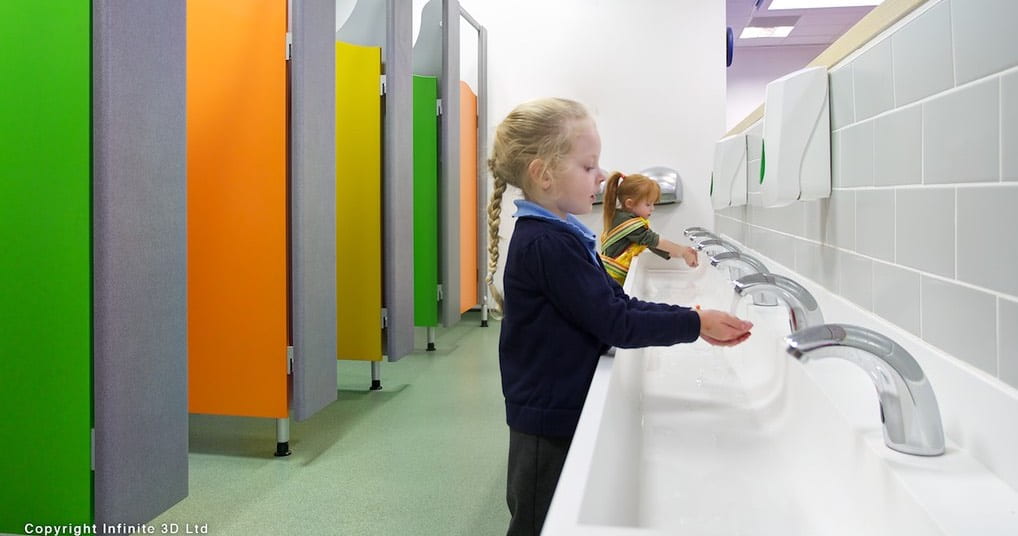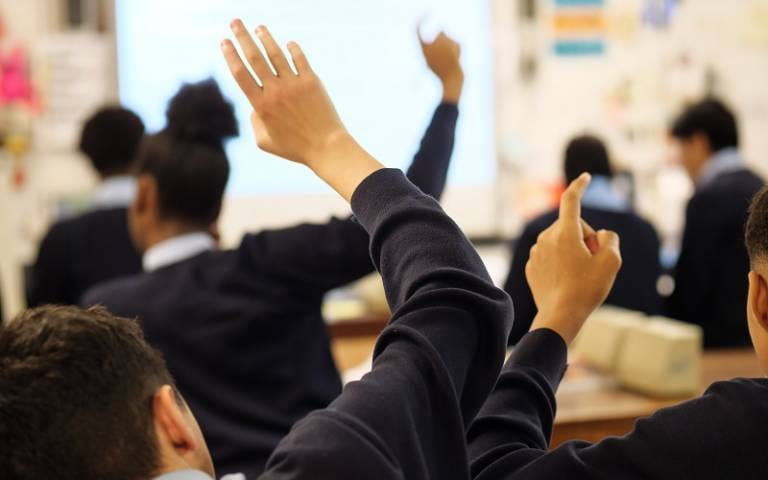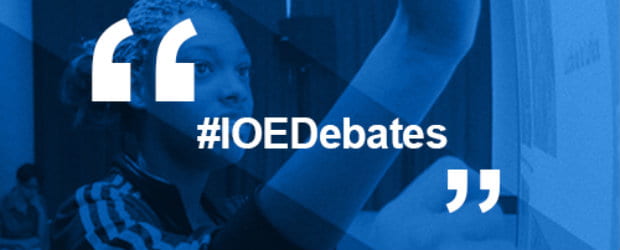Giving voice to the under-served: how can we mitigate the Pandemic’s impact on people from minoritised groups who have disabilities or chronic conditions?
By Blog Editor, IOE Digital, on 15 December 2022

CICADA Stories, Bloomsbury Theatre
15 December 2022
By Carol Rivas, Amanda Moore, Kusha Anand, Alison Wu and Ozan Aksoy
This post is adapted from a blog for Biomed Central.
Even before the pandemic, many people with chronic conditions or disabilities, particularly those from minoritised ethnic groups, faced obstacles in accessing or utilising networks of support, health and social care. During the pandemic, some of these obstacles increased disproportionately, and widened the inequalities gap.
Now, during Disability History Month (16 November to 16 December), it is instructive to consider the interplay of different intersecting factors that compromise good health outcomes when considering inequalities. For example, chronic conditions such as diabetes and cardiovascular disease increase vulnerability to COVID-19 and are disproportionately (more…)
 Close
Close


 29 November 2022
29 November 2022 7 June 2022
7 June 2022

 10 November 2021
10 November 2021


